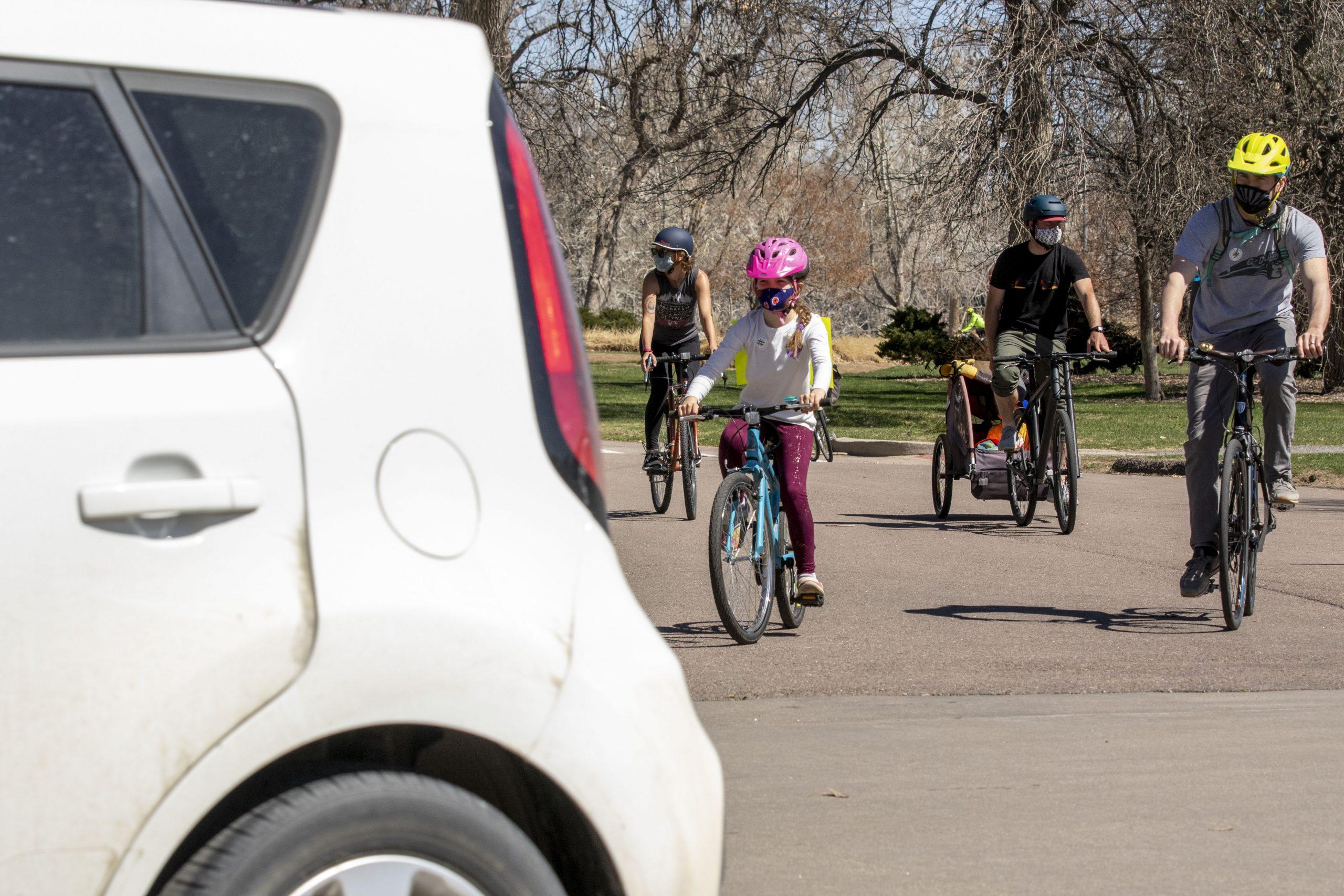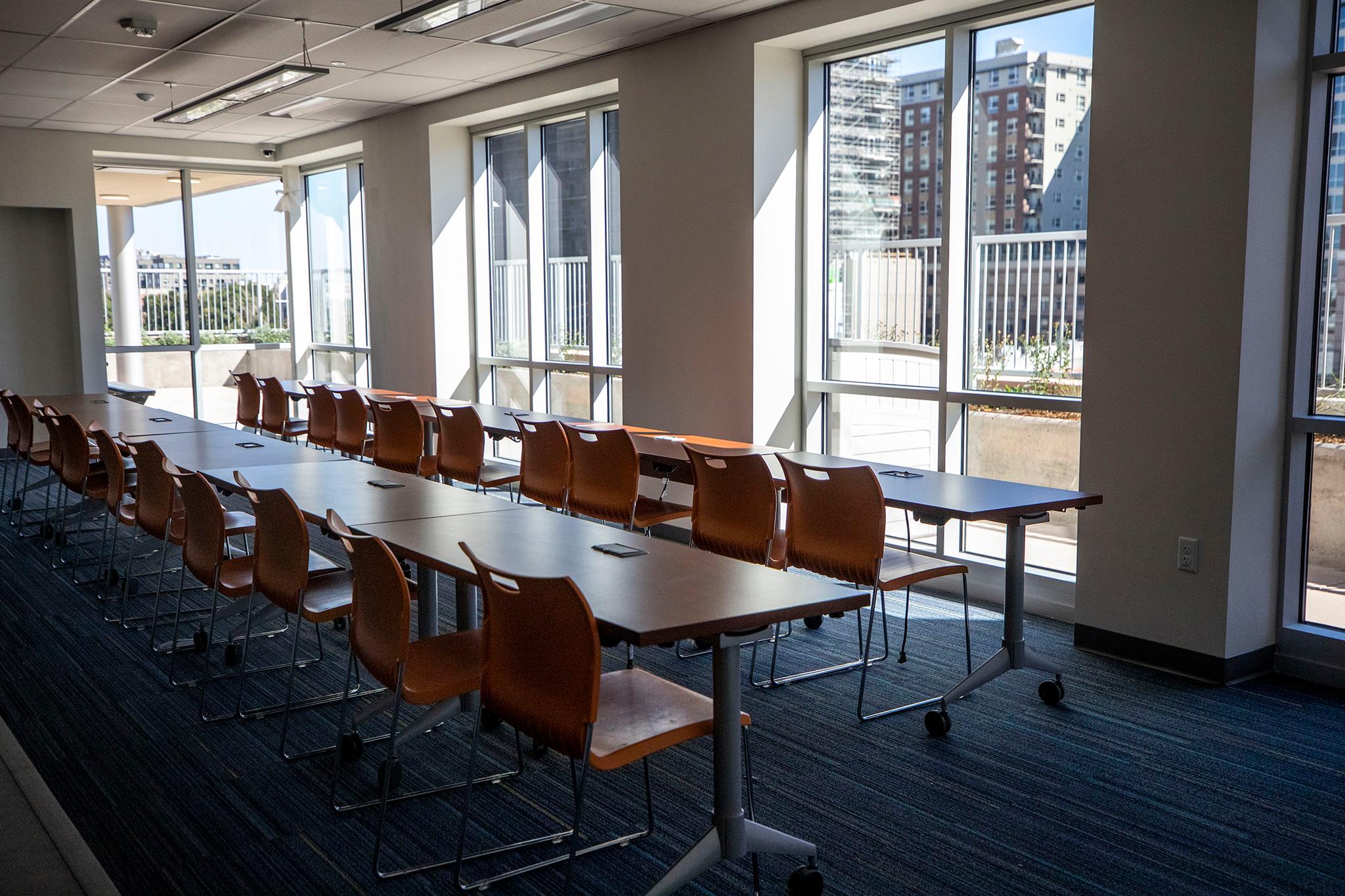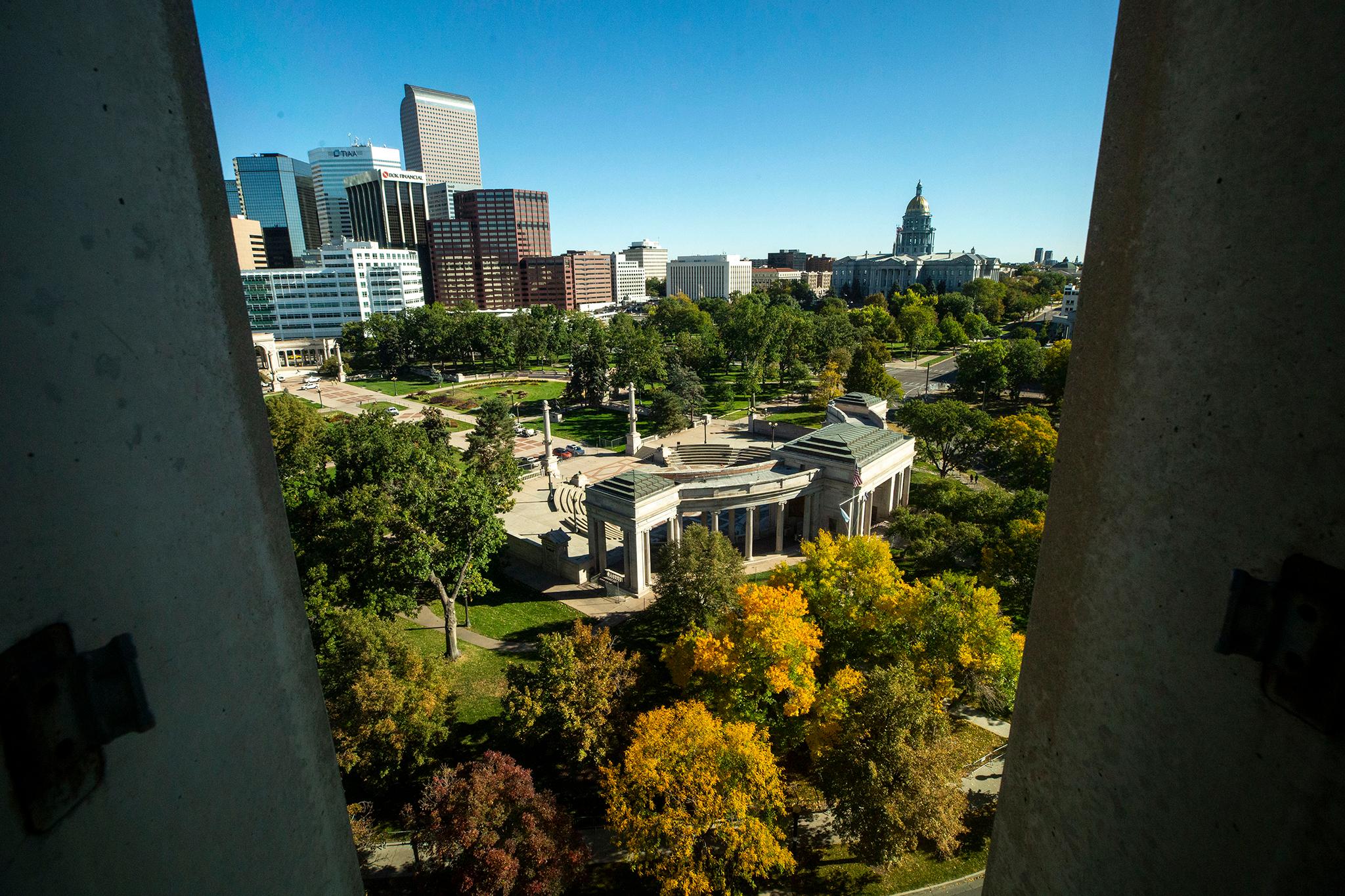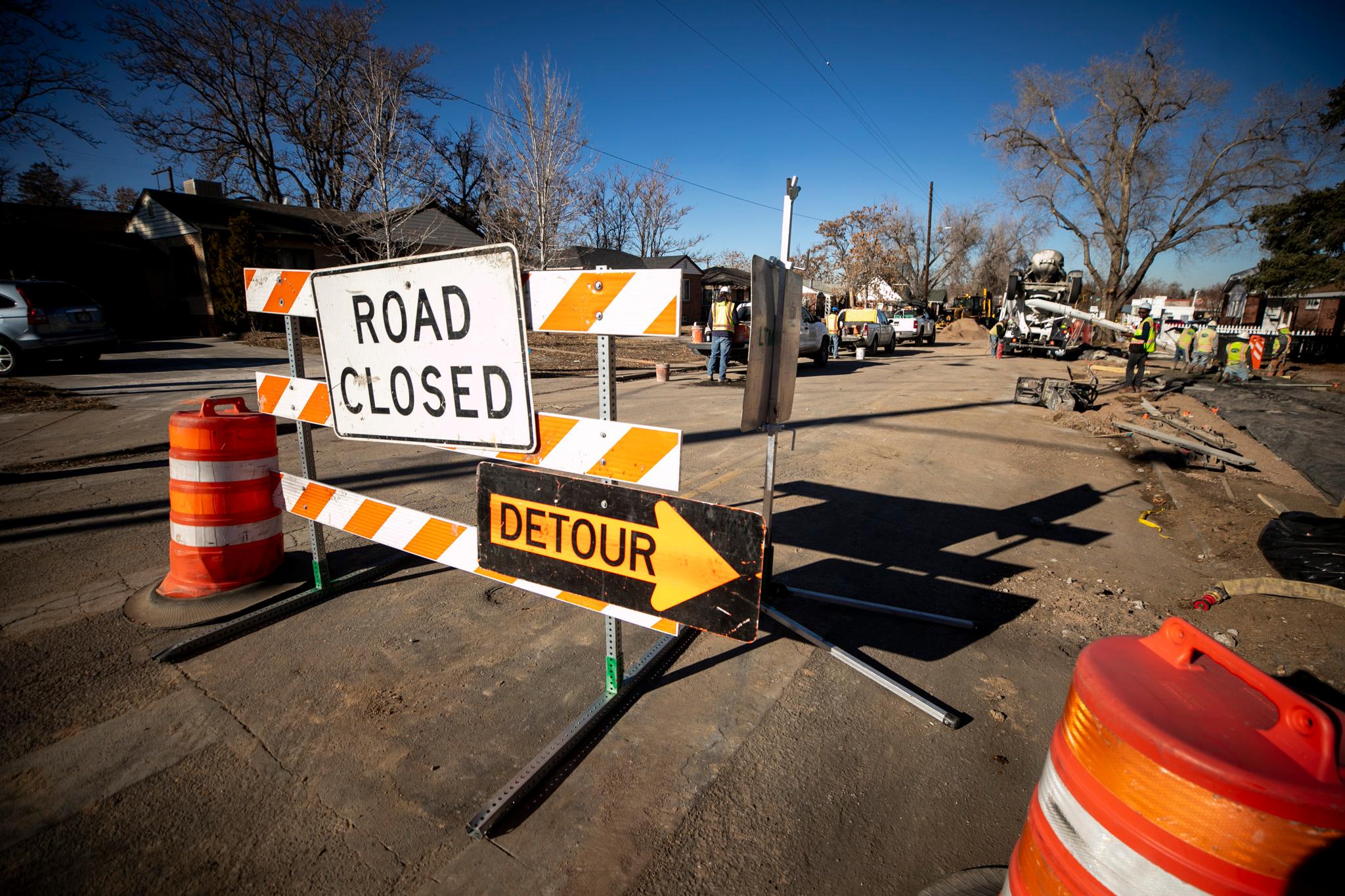Councilmember Paul Kashmann's south Denver district includes suburban-style neighborhoods, where streets are usually quiet and signs urging people to slow down are common.
The lawmaker now wants to introduce a bill at Denver City Council to make those signs -- "20 is plenty" -- law by reducing speed limits on all neighborhood streets in the city from 25 mph to 20 mph.
"We get people calling regularly to do anything to slow down traffic on neighborhood streets," Kashmann said.
The bill calls for any neighborhood street currently signed with a 25 mph limit to be reduced to 20 mph. The signs would encourage compliance, and he noted that he doesn't want anyone to think that simply changing speed limits is the only step the city needs to take to alleviate traffic safety concerns. He added engineering steps, like creating four-way stops, are other measures that should be considered on some streets, in addition to lowering speeds.
While 2020 saw fewer drivers on the road due to the pandemic, and fewer traffic deaths, traffic fatalities have crept back up to pre-pandemic numbers over the past several months this year. Vision Zero, the city's initiative to completely eradicate traffic deaths and serious injuries, shows 66 people have died on roads in the city as of Wednesday, up from 57 in 2020.
"The driving force is Vision Zero has called for reducing our fatalities to zero, and the numbers have been going in the wrong direction," Kashmann said.
Speed reduction is among the strategies supported by Denver Streets Partnership, which has advocating for reducing the speed limit for the city's neighborhood streets from 25 mph to 20 mph, according to its website.
Kashmann's proposal comes after a study his office paid for out of this year's budget. The study looked at speeds on neighborhood streets, arterials and collectors, school zones, and areas deemed "slow zones," like those around recreation centers, which typically have a lot of foot traffic. The study recommended reducing speed limits.
He said, based on early conversations with his colleagues on council, he believes they will support his proposal.
Kashmann said his bill would also codify reducing the maximum speed limit at city parks from 20 mph to 15 mph. This is already happening: Parks and Recreation spokesperson Cyndi Karvaski said the park department's own rules limit speeds to a 15 mph.












